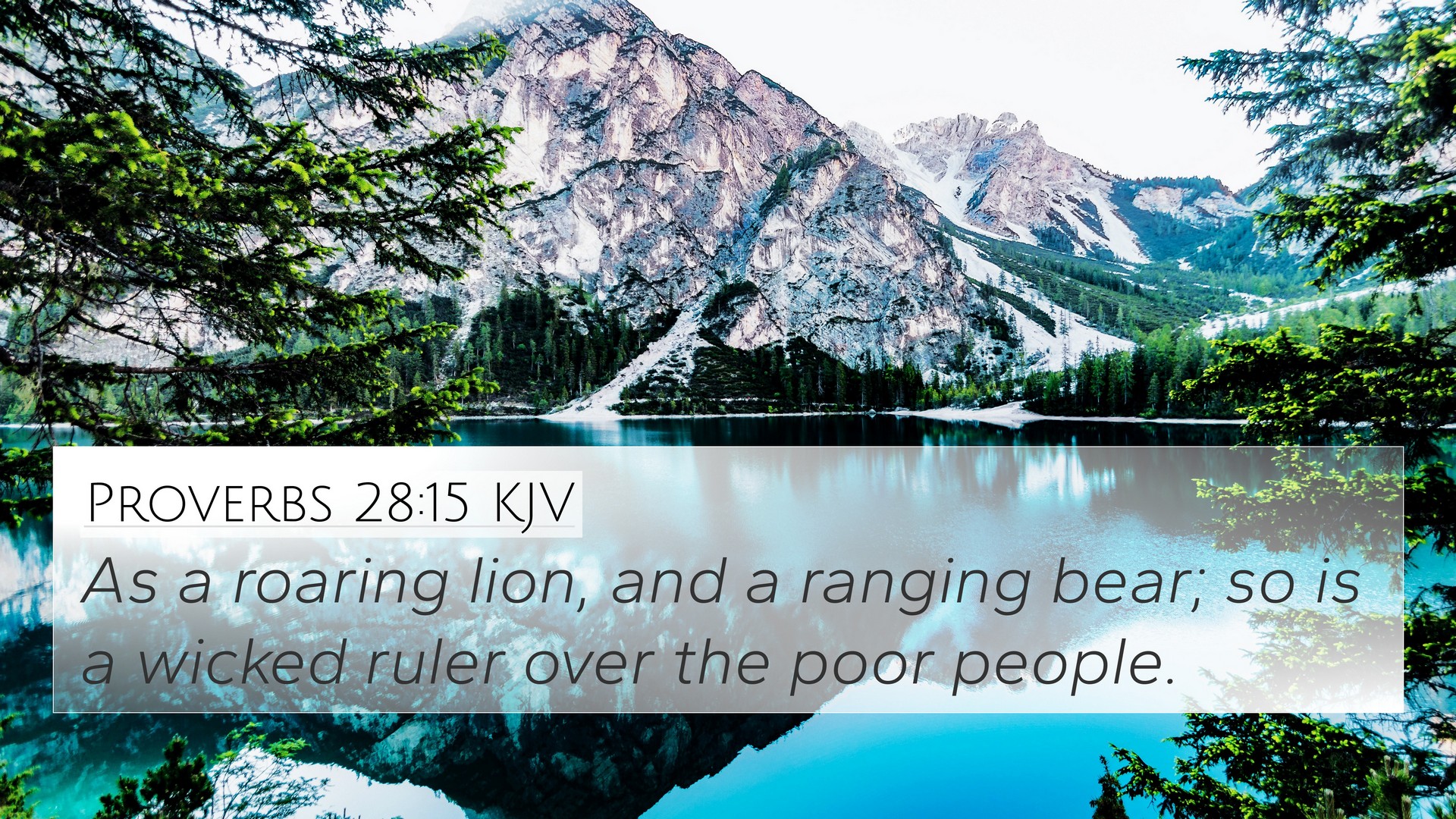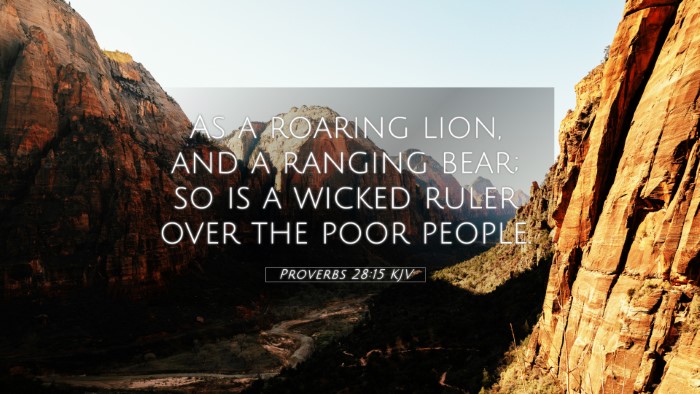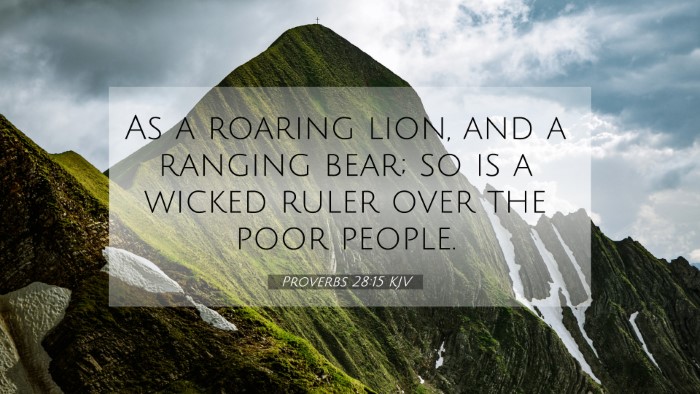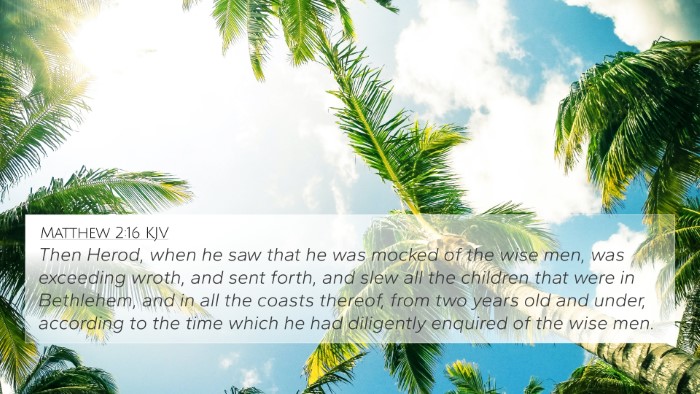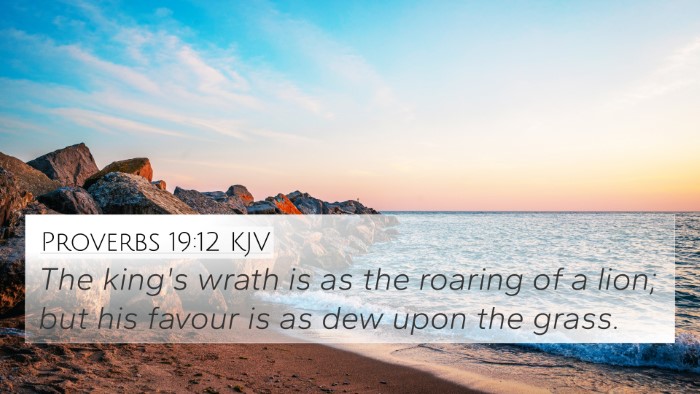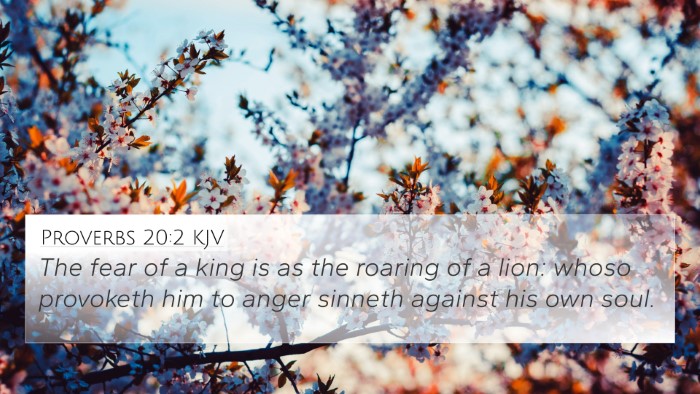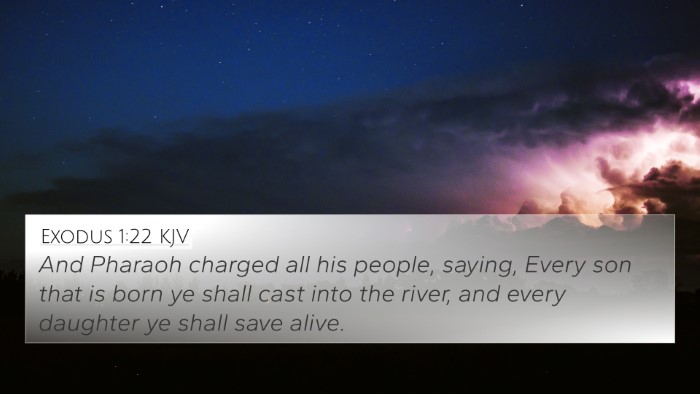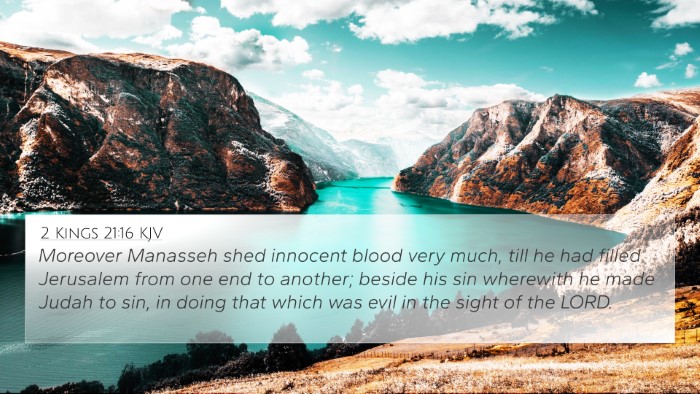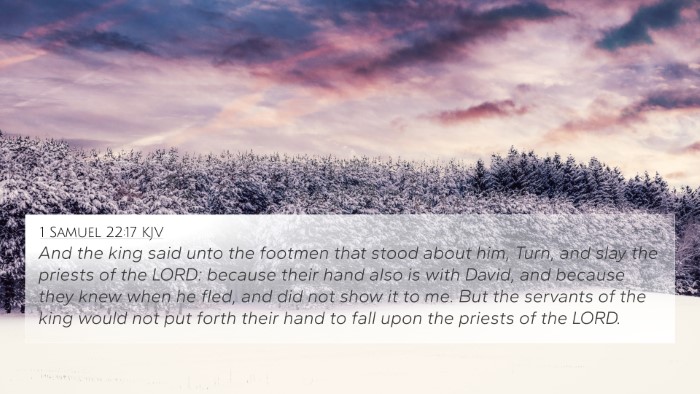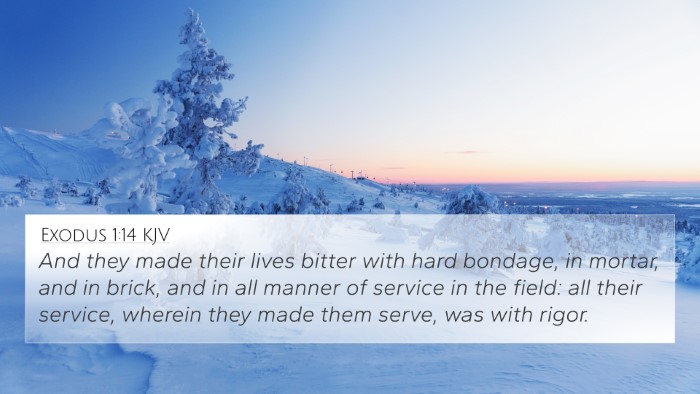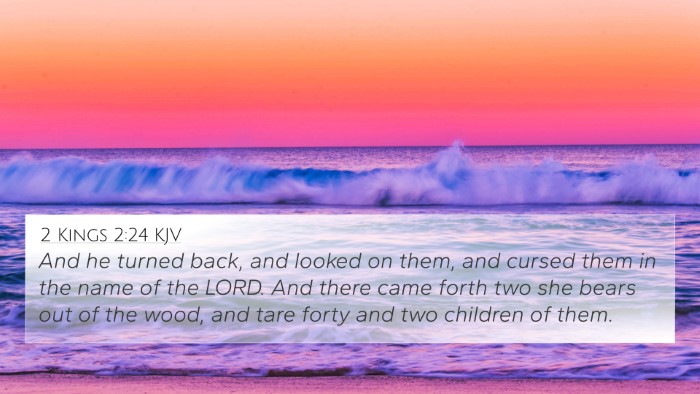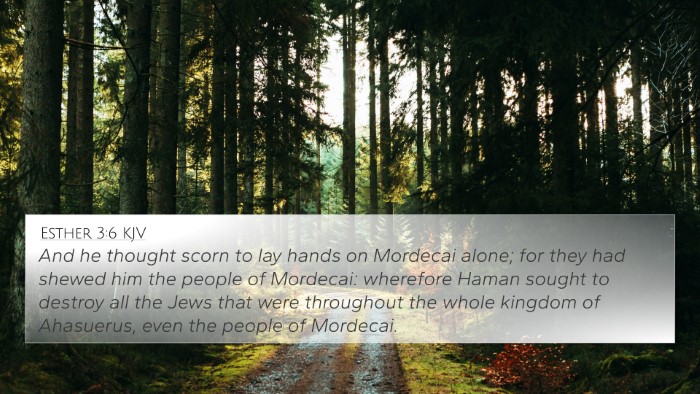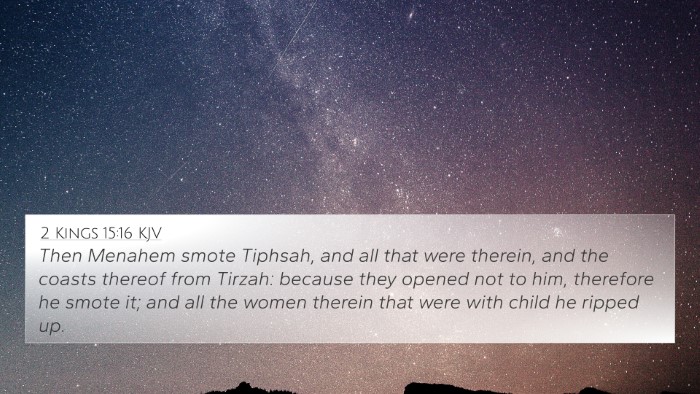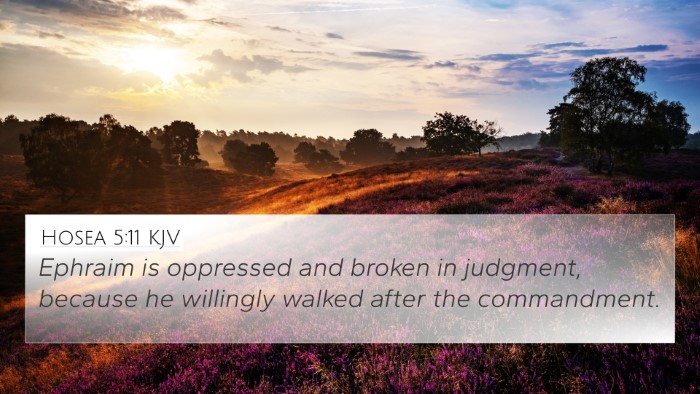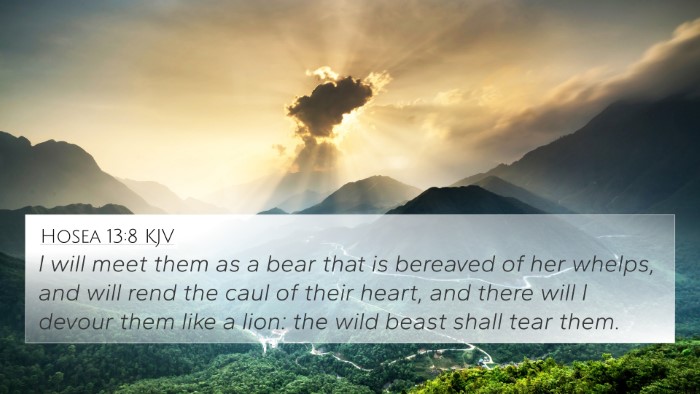Understanding Proverbs 28:15
Proverbs 28:15 states, "As a roaring lion, and a ranging bear; so is a wicked ruler over the poor people." This verse provides a vivid comparison that illustrates the destructive nature of a corrupt leader compared to two ferocious animals, garnering intense emotion and appreciation for the wisdom imparted through the metaphor.
Summary of Insights
The essence of this verse highlights the severe consequences of having a wicked ruler over the people, especially the poor. It signifies how such a ruler behaves with great aggression and violence towards his constituents, resembling the predatory instincts of a lion and a bear. Let's delve into interpretations provided by notable public domain commentaries.
Matthew Henry's Commentary
Matthew Henry vividly describes the wicked ruler as one who brings fear and suffering upon his subjects. He likens this ruler's harshness to that of wild beasts, emphasizing that the poor are particularly vulnerable under tyrannical leadership. Henry underscores that leaders are accountable for how they treat their citizens, especially those who are defenseless. The significance of righteous governance is paramount for societal well-being, and the wickedness of rulers leads to societal decay.
Albert Barnes' Notes
Albert Barnes elaborates on how a wicked ruler's nature is predatory and devastating. He points out that just as lions and bears are feared for their strength and ferocity, similarly, an unjust ruler invokes dread and misery. Barnes emphasizes that such rulers can take advantage of the poor, extracting their resources and dignity. He encourages readers to seek righteousness and integrity in leadership to foster a community where the weak can find safety.
Adam Clarke's Commentary
Adam Clarke provides additional depth by asserting that the term "wicked" refers to leaders who operate from a selfish desire rather than a commitment to justice and the welfare of their constituents. He notes that the characteristics of a lion and a bear characterize the aggressiveness and unpredictability of such rulers. Clarke mentions the importance of surrounding oneself with wise and righteous leaders, as it can significantly influence the spiritual and moral health of the people.
Bible Cross-References
This verse connects with several other scriptural references that illustrate similar themes of leadership, justice, and societal responsibilities:
- Proverbs 29:2: "When the righteous are in authority, the people rejoice: but when the wicked beareth rule, the people mourn."
- Isaiah 3:14-15: "The Lord will enter into judgment with the ancients of his people, and the princes thereof: for ye have eaten up the vineyard; the spoil of the poor is in your houses. What mean ye that ye beat my people to pieces, and grind the faces of the poor?"
- Jeremiah 22:13: "Woe unto him that buildeth his house by unrighteousness, and his chambers by wrong; that useth his neighbor's service without wages, and giveth him not for his work."
- Micah 3:1-3: "And I said, Hear, I pray you, O heads of Jacob, and ye princes of the house of Israel; Is it not for you to know judgment? Who hate the good, and love the evil; who pluck off their skin from off them, and their flesh from off their bones."
- Ezekiel 34:2-4: "Son of man, prophesy against the shepherds of Israel, prophesy, and say unto them, Thus saith the Lord God unto the shepherds; Woe be to the shepherds of Israel that do feed themselves! Should not the shepherds feed the flocks?"
- 1 Timothy 2:1-2: "I exhort therefore, that, first of all, supplications, prayers, intercessions, and giving of thanks, be made for all men; For kings, and for all that are in authority; that we may lead a quiet and peaceable life in all godliness and honesty."
- Romans 13:1: "Let every soul be subject unto the higher powers. For there is no power but of God: the powers that be are ordained of God."
Thematic Connections
Proverbs 28:15 invites us to explore the broader biblical theme of righteous leadership and social justice. The scriptures work in a continuum to guide believers in understanding the nature and responsibilities of leaders. Conclusively, the Bible teaches that both leadership and citizenship demand integrity and compassion.
Tools for Bible Cross-Referencing
Utilizing tools for Bible cross-referencing can enhance personal study:
- Bible Concordance: Helps locate specific verses and their occurrences.
- Bible Cross-Reference Guide: Provides insights connecting related verses across different books.
- Cross-Reference Bible Study: Techniques using biblical texts to deepen understanding of a theme.
- Bible Reference Resources: Compilations of references for various scripture topics.
- Comprehensive Bible Cross-Reference Materials: Encourages wide-ranging study across scripture.
Conclusion
In summary, Proverbs 28:15 serves as a sobering reminder of the impact a wicked ruler can have on the people. Through cross-referencing the Bible, we uncover profound insights into the responsibilities of leaders and the societal consequences of their actions. This leads us to appreciate the call for righteous governance and serve as advocates for justice in our own lives.
